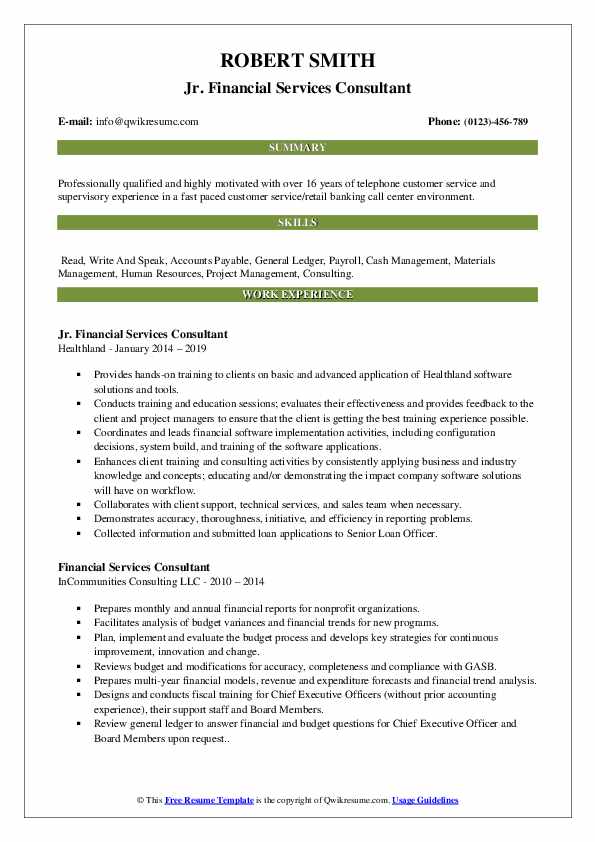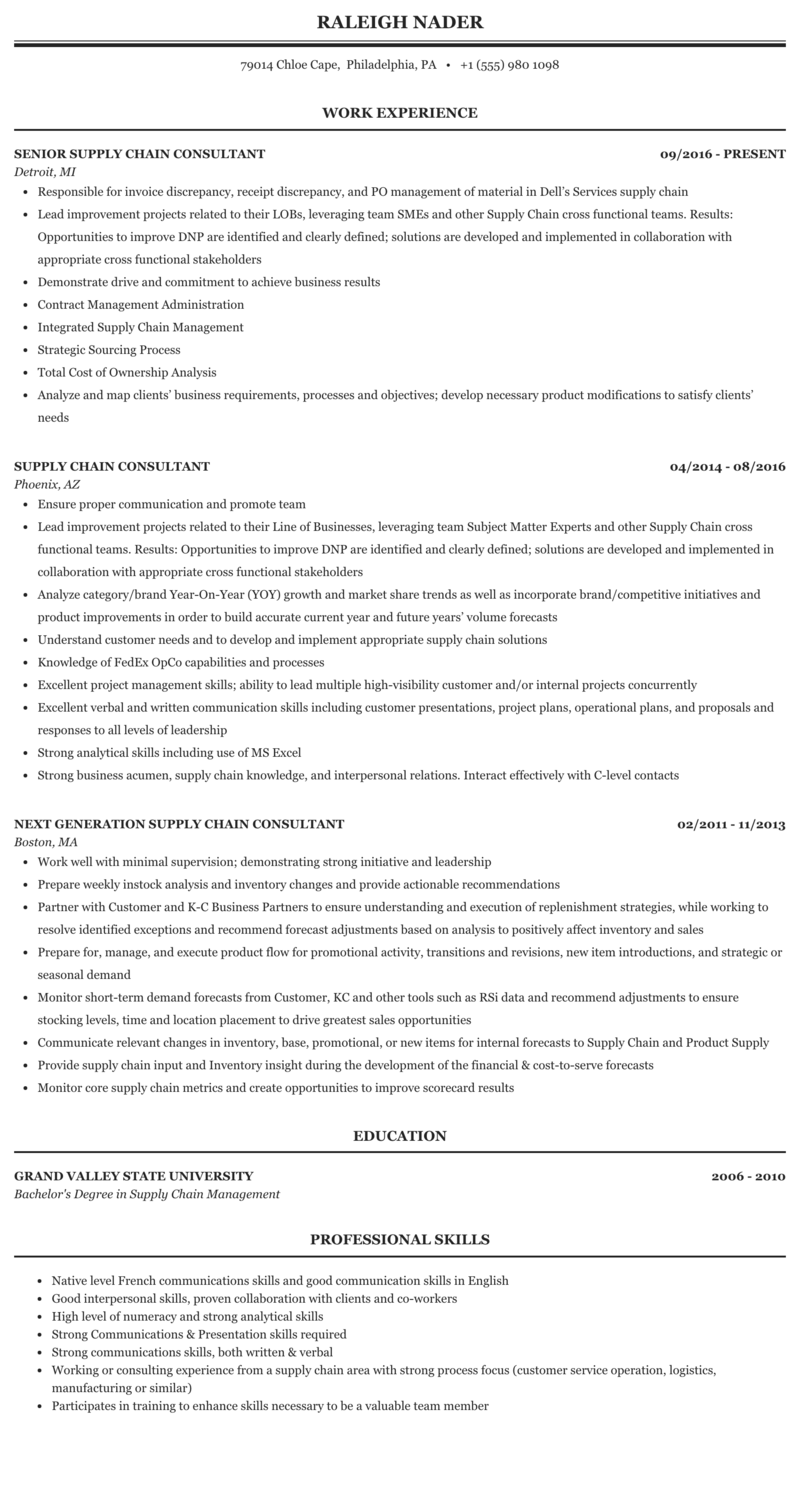
There are some important things to remember if you want to make a career as a social-media consultant. You should consider the job description and salary range when selecting a consultant. Continue reading to learn more about the job and how you can get hired as a consultant in social media.
Skills required
It is important to know that social media consultants require many different skills. The most important skill is to be familiar with the different social media platforms as well as their features. You can quickly acquire these skills by enrolling in an internet course. Social media is an evolving career path. It requires you to continue learning and improving your skills.

Creativity is another key skill for social media strategists. Copying what your competitors are doing is not enough; you need to come up with innovative ways to engage your audience. You also need to know how to improve conversion rates, which is a key aspect of social media marketing.
Salary range
Social media consultants earn an average annual salary of $58,519, or about $28 per hour. A Bachelor's degree is required for the highest-paid job in this industry. Indian social media consultants make between Rs. 2.4 lakhs & Rs. 9.0 lakhs. The range of salaries for social media experts varies depending on the level of experience and type. A freelancer starting out can make between $15-$50 an hour while someone who is more experienced can make upwards of $120 an hour. A monthly cost for long-term projects is anywhere from $400-$5,000 per month. The agency may charge monthly fees to manage social media. These fees can vary from the hourly rate to the monthly rates.
Social media consultants have different salaries depending on where they are located. Some social media specialists make as little $35,000 as others make $67,000. A variety of tasks are performed for clients by these specialists, including the creation of content for social media platforms and building an audience. They may also provide data analysis and customer service.
Job description
Social media consultants are responsible for providing advice and guidance to brands on how to use the Internet to reach a wider audience. They also design and implement effective online media strategies. They are an integral part of digital strategy. These consultants are able to adopt the brand's online personality, and they set the tone for its communications.

A social media consultant must know how to develop a strategy and stay on top of the latest trends. He/she must also have a creative mind to come up with fresh ideas. For a career in this field to be successful, you must have strong social skills.
FAQ
How do I become a successful consultant?
Finding a passion area is the first step. You must then build relationships. It is crucial to learn about your clients and understand their needs. The final step is to provide results.
While you don’t have to be the greatest at everything, you have to be better than everyone else. You must also have passion for your work. It's not enough to just say "I want to be a consultant." You have to believe in yourself, and in what you are doing.
Why do you need consultants?
There are many factors that could lead to you hiring consultants.
-
A specific project or problem may be a challenge for your company.
-
You want to improve your own skills or learn something new
-
You would like to work with an expert in your field.
-
No one else is available to take on the task.
-
You feel overwhelmed by all of the information out there and don't know where to start
-
You can't afford to pay someone full-time
A word of mouth referral is the best way you can find a competent consultant. Ask around to see if you know any good consultants. If you are already acquainted with someone who works as an advisor, ask them for recommendations.
If you decide to use online directories like LinkedIn, use the "Search People" feature to look for consultants in your area.
Who hires consultants
Many companies hire consultants to help with their projects. These consultants can be found in small and large businesses as well as government agencies, universities, educational institutions, non-profits, and education institutions.
Some consultants work directly with these organizations while others freelance. In both cases, the process for hiring depends on how complex and large the project is.
When hiring consultants, you will probably go through several rounds of interviews before choosing the person you think would be best suited for the position.
How much does it cost for a consultant to be hired?
The cost to hire a consultant depends on many factors. These factors are:
-
Project size
-
Time frame
-
Scope and nature of work
-
Fees
-
Deliverables
-
Other considerations like experience level, geographical location, etc.
Is it possible to run a consultancy business from home?
Absolutely! Indeed, many consultants already do this.
Working remotely is a common way for freelancers to work. They use tools like Skype, Trello (Slack), Trello, Basecamp and Dropbox. So they don't miss company perks, freelancers often make their own office space.
Some freelancers prefer to work at libraries and cafes instead of traditional offices.
Some choose to work remotely because they are surrounded by their family.
There are pros and cons to working remotely. However, if you love what you do, it is worth considering.
What is the difference of a consultant versus an advisor?
An advisor gives information on a topic. A consultant offers solutions to problems.
To help clients achieve their goals, a consultant works directly with them. The advisor provides indirect advice through books, magazines lectures, seminars, and the like.
How do I set up an LLC to consult?
You must first figure out what you want to do as a service provider. Next, you must ensure that you are qualified to provide those services. You might find someone who does the same thing you are interested in and learn from them.
Once you know what you want to provide, then you should try to figure out where your target market is. If they don't exist, you might have to make them.
You must then decide whether you want your business to be run by you or hired others.
You could also consider starting your own consulting company by getting a license from the state, but this requires quite a bit of paperwork and legal fees.
Statistics
- According to statistics from the ONS, the UK has around 300,000 consultants, of which around 63,000 professionals work as management consultants. (consultancy.uk)
- WHY choose me: Why your ideal client should choose you (ex: 10 years of experience and 6-week program has helped over 20 clients boost their sales by an average of 33% in 6 months). (consultingsuccess.com)
- My 10 years of experience and 6-step program have helped over 20 clients boost their sales by an average of 33% in 6 months. (consultingsuccess.com)
- Over 62% of consultants were dissatisfied with their former jobs before starting their consulting business. (consultingsuccess.com)
- 67% of consultants start their consulting businesses after quitting their jobs, while 33% start while they're still at their jobs. (consultingsuccess.com)
External Links
How To
What Does A Typical Day For A Consultant Look Like?
Your work type will determine the length of your day. You'll spend your time researching new ideas and meeting clients.
Clients will often meet with you to discuss their problems. These meetings can be held over the telephone, online or face-to face.
The proposal is a document that outlines your ideas and plans to clients. You'll need to discuss your proposals with a mentor, colleague, or friend before you present them.
After all the preparation and planning, it's time to actually create some content. You could write articles, design websites, edit photos or conduct interviews.
It depends on the project's scope, you might need to do some research to collect relevant statistics. For example, you may need to find out how many customers you have and whether they are buying more than one product or service.
Once you have gathered enough information, it's time to present your findings to clients. Your findings may be delivered orally, or written.
After the initial consultation, it is important to follow up with clients. You can call clients to ask how they are doing or send emails asking for confirmation that your proposal was received.
This process takes time, but it's important to ensure that you stay focused and maintain good relationships with clients.